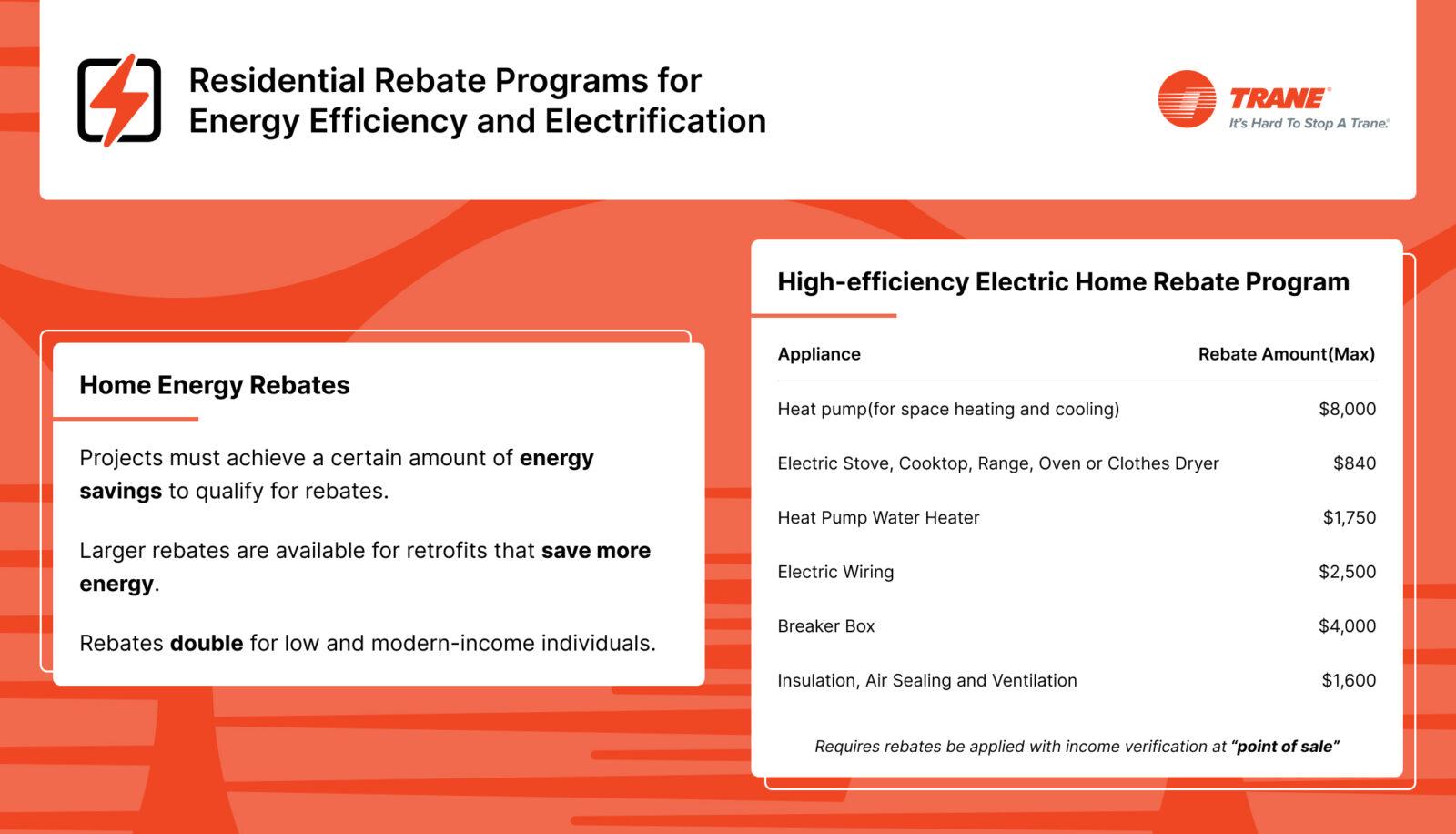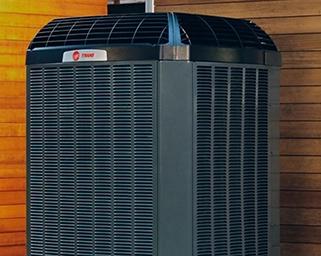Heat Pump Rebate Roundup: How to Save in Your State
If you’re considering buying a new heat pump, you’ll want to read this.
By Anne Fonda
Whether you’re in the market for heat pump replacement or you’re interested in upgrading to a heat pump system for the first time, you’re smart to be looking into ways to save on the upfront cost.
Many states have an active heat pump rebate program, and others are expected to launch programs later in 2025 or early 2026. Find out what your state has to offer to make an energy-efficient heat pump system more affordable.
The heat pump rebate programs we’re talking about were funded under the Inflation Reduction Act (IRA) of 2022. Some states, like New York and California, implemented their programs in 2024. Other states developed the framework for their programs, but their funding was put on hold during the change of administrations.
The good news for homeowners is that funds are flowing again, and more states hope to have their programs operating at full capacity by the end of 2025/early 2026.
Q and A with Josef Hedja, Electrification Commercialization Leader
Josef Hejda has his fingers on the pulse of the Inflation Reduction Act’s incentives for installing a heat pump system. Individual states run the heat pump rebate programs and energy efficiency programs, and eligibility requirements vary by state. He tracks the status of each state program and joined me recently for an update. Following is our conversation.
Q: What are the federal heat pump rebates?
“There are two programs, each with the goal of helping homeowners make home improvements that increase energy efficiency. The two energy rebate programs are the Home Efficiency Rebates (HER or HOMES) program and the Home Electrification and Appliance Rebates (HEAR) program. HEAR is also referred to as the High-Efficiency Electric Home Rebate Act (HEEHRA) by some states,” Hedja explained.
The graphic below shows some of the projects that qualify, including heat pumps and electrical panel upgrades, and the associated rebates if you’re eligible. Again, requirements vary from state to state.

Q: What are the benefits of the heat pump rebate programs?
“Using higher efficiency HVAC systems benefits homeowners who upgrade their systems but also other customers on that electric grid. Heat pumps are especially good at using our grid system in “off-peak” times of the year, where electricity might not be used as much locally,” Hedja stated.
Q: How will rebate programs help both homeowners and HVAC companies?
“Homeowners enjoy energy savings from higher performing systems, but also additional comfort, better moisture control, and quieter running systems. Even if a homeowner doesn’t get a heat pump, but their neighbor does, this makes better use of the energy infrastructure.”
-Josef Hedja, Electrification Commercialization Leader

“HVAC companies can use rebates to make their higher-performing air source heat pump systems more affordable. When incentives are included, indoor air quality upgrades or other “nice to haves” are easier for homeowners to afford,” he added.
Q: What is the status of the program for each state?
“State programs are highly varied, and some state programs have been so successful that their funds are already disbursed: California and Rhode Island started earlier and have already invested their allotted funds,” Hedja said.
Click on your state below to see the status of the program. If it’s active, you can see if you qualify. If the program is not yet active and you’re considering a heat pump system or dual-fuel system, sign up to receive updates, because funds can go quickly once the heat pump rebate program goes live.
Finally, if there is no link for your state, it means they either didn’t apply for funding or haven’t set up a website yet.
Q: What other heat pump incentives are there?
“In addition to utility rebates, heat pump-friendly electric rates are a newer trend that customers should look into. In cold climates like Minnesota, homeowners who back up a heat pump with a non-electric system can qualify for a very lucrative discount. In other markets like Georgia, there are higher rates in the summer (which reward higher efficiency) and lower rates in the winter (which reward electric heat),” Hedja said.
Lastly, there may be manufacturers’ rebates. You can see your potential savings by clicking below.
Q: What advice do you have for homeowners looking to replace their HVAC system?
Hedja has three recommendations.
1) Know a contractor, hopefully you’re already having your equipment maintained. This will help ensure the longevity and performance of your existing system.
2) System design and installation quality are crucial. Pick the best equipment and the best contractor you can afford.
3) I would always consider replacing an air conditioner with a heat pump for the comfort benefits and ability to heat as well as cool.
Get some tips on choosing the right HVAC contractor.
Q: Why get a Trane heat pump system?
“HVAC installation and quality matter beyond performance numbers. I think our brand reputation for reliability is well earned, and the HVAC contractors that decide to partner with us and install our equipment tend to be well-trained, experienced, and respected in their area,” he said.
Q: Do you have a heat pump system yourself? Tell us about it.
“Yes, I have 2 ductless systems, which have replaced radiant resistance systems in their respective zones. They have produced noticeable comfort and energy benefits. The primary heating in my home is hydronic from a boiler system, so I’m excited to see air-to-water heat pump technology advancing. I hope to use that for future replacement,” Hejda said.
Trane’s commitment to sustainability and innovation
Trane is committed to providing homeowners like you with sustainable, energy-efficient heat pump systems. By installing an electric heat pump, you can help reduce your carbon footprint. Depending on your system, climate, and set temperature, you may also be able to save on your heating and cooling bills for years to come.
Check out our Green Guide for some more tips on how to reduce your energy consumption and save money on your energy bills.
Interested in a heat pump system?
Anne Fonda, Content Writer
A Content Writer with Trane Technologies, Anne Fonda researches topics and writes for Trane® and associated residential HVAC brands. She works in collaboration with Trane Technologies subject matter experts, offering easy-to-understand, informative content on complex topics. Her goal is to help consumers make informed decisions on the products and services they need.
She has written for HVAC and other service provider websites for over 16 years. Before transitioning to web content writing, Anne had a 14-year stint as an award-winning journalist. She graduated cum laude from the University of Missouri-Columbia School of Journalism.
When she’s not working, Anne enjoys playing word games, reading, gardening, spending time with family, and visiting gardens and museums.
Expert review by Josef Hejda, Electrification Commercialization Leader
Related Articles




